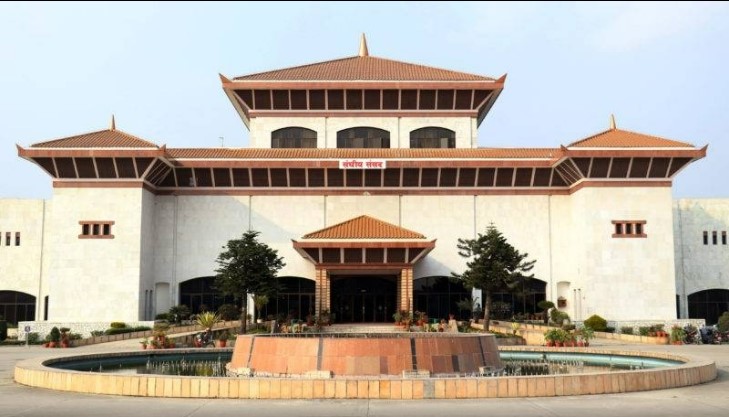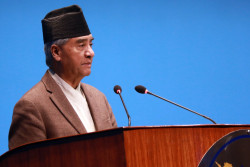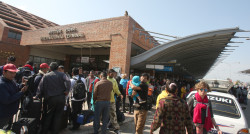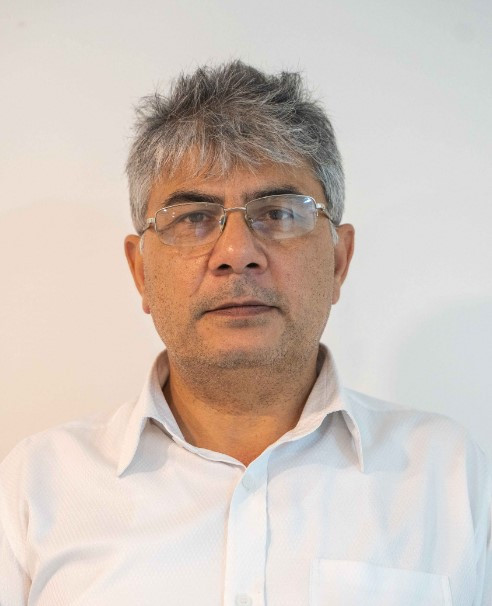Opinion

An estimated 17.73 million registered voters will cast their ballots to elect a federal parliament headquartered in Kathmandu. Of them, close to 4.5 million currently live outside of Nepal, according to the Election Commission Nepal.
The House of Representatives is composed of 275 members. That includes 165 elected under the first-past-the-post system, in which only the candidate who gets the most votes gets elected from each constituency. Another 110 will be elected through proportional representation, which gives a party a number of seats in relation to the total vote their candidates receive nationwide.
While it is a bit too early to assess how many or what percentage of the registered voters will cast their ballots on November 20th, these very votes will also be electing seven provincial assemblies spread out across the country. The provincial assemblies are twice as big – 550 members. Again, 60 percent – to be precise, 330 – provincial assembly members will be elected under the first-past-the-post system. The remaining 40 percent, or 220 will come via provincial proportional representation votes that the parties receive.
Half-hearted transition
Let's face it: Nepal remained a unitary Kingdom for over two centuries and made a half-hearted transition to a federal republic in 2008. An average Nepali mindset is typically unitary when it comes to the form of governance. This was sufficiently reflected in the run-up to the framing of a new constitution, post-2006 peace process. The first Constituent Assembly, elected in 2008, failed to deliver a new constitution as the main political parties vehemently haggled over what exactly they wanted written in the "new" Nepal's main rule book.
The second CA elected in 2013 delivered a constitution two years later, which left practically everyone unhappy. The Madheshi were disenchanted, and so were the women, the Dalit, and other ethnic minorities.
Provinces were created within the framework of the Constitution, but were given only limited powers. The provinces remain sandwiched between the federal government, commonly known as the "centre" and the local bodies, which, as Local Levels, are constitutionally autonomous. Today, the majority of the population takes the provinces as a huge financial burden, as if everything in Nepal was hunky-dory before the country went federal.
Why do the political parties stick to the federal structure, then?
Well, for every party's top brass, the provincial assemblies come in handy to manage and contain the disgruntled second-run party workers.
In for jinx
In their first term, provincial governments drew heavy criticism for corruption, rampant misuse of budget, misplaced priorities and abuse of authority by those at the helm of affairs, and the resultant poor performance. The provincial assemblies, however, won plaudits for the quality of debate they produced from the word "go" to the end of their tenure. Assembly members in all seven provinces – save, the chief ministers and the ministers – engaged in serious debates to the best of their capacity, in all honesty.
On the other hand, the federal parliament in Kathmandu was business as usual: Thin attendance, dispassionate debates, protracted power tussle, and rampant corruption. These traits are the 'hallmarks' of the House of Representatives post-1990, and will most likely remain so through the next five years with some "obvious suspects" returning to the "centre" enjoying the spoils of power and the larger group pushed to the "periphery" with the benefits trickling down at best.
Given the electoral alliances the political parties have formed and the candidacies that the electorate will be voting for there's very fat reason to believe the new federal parliament and provincial assemblies will be any better than their earlier versions.






